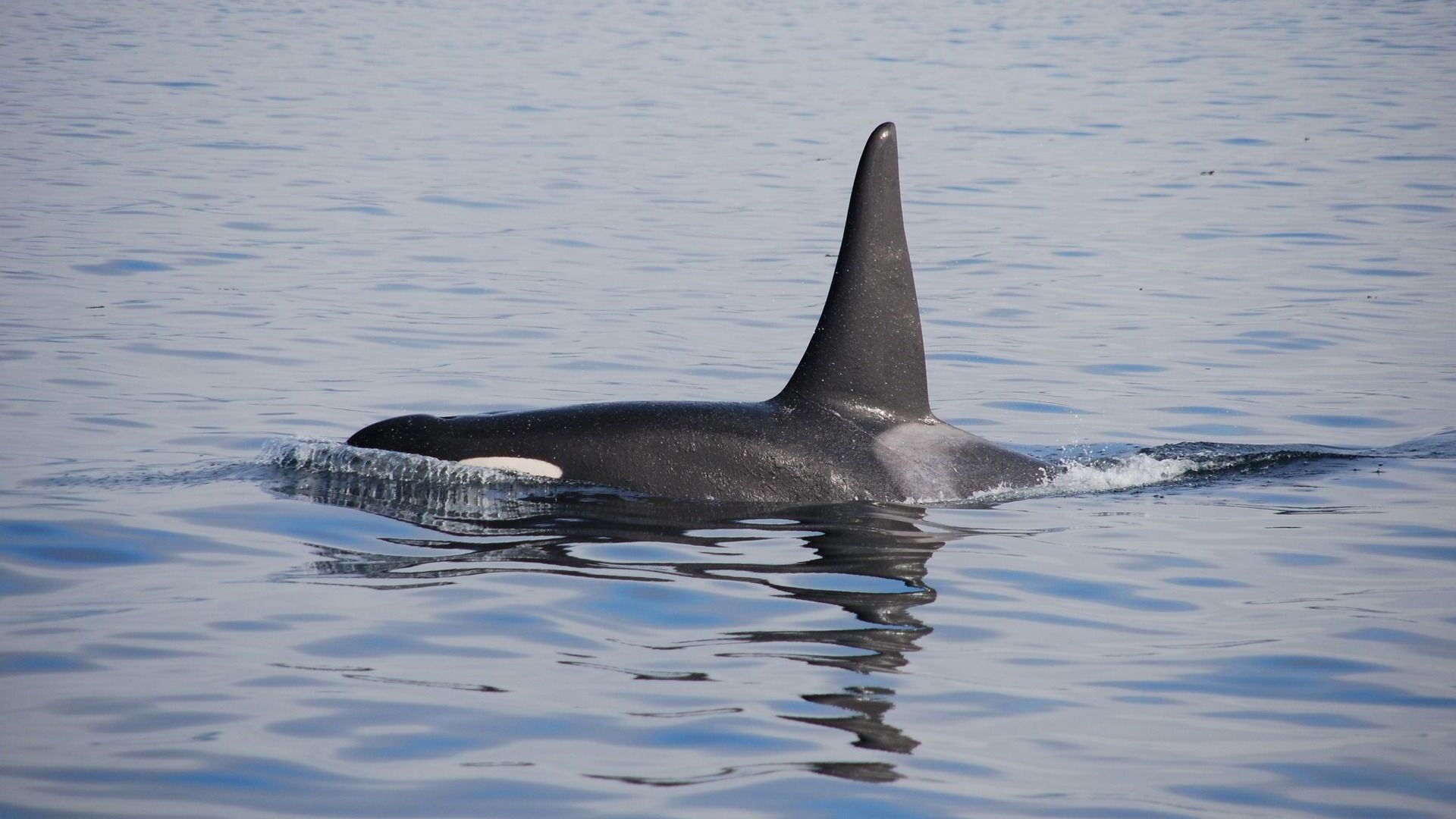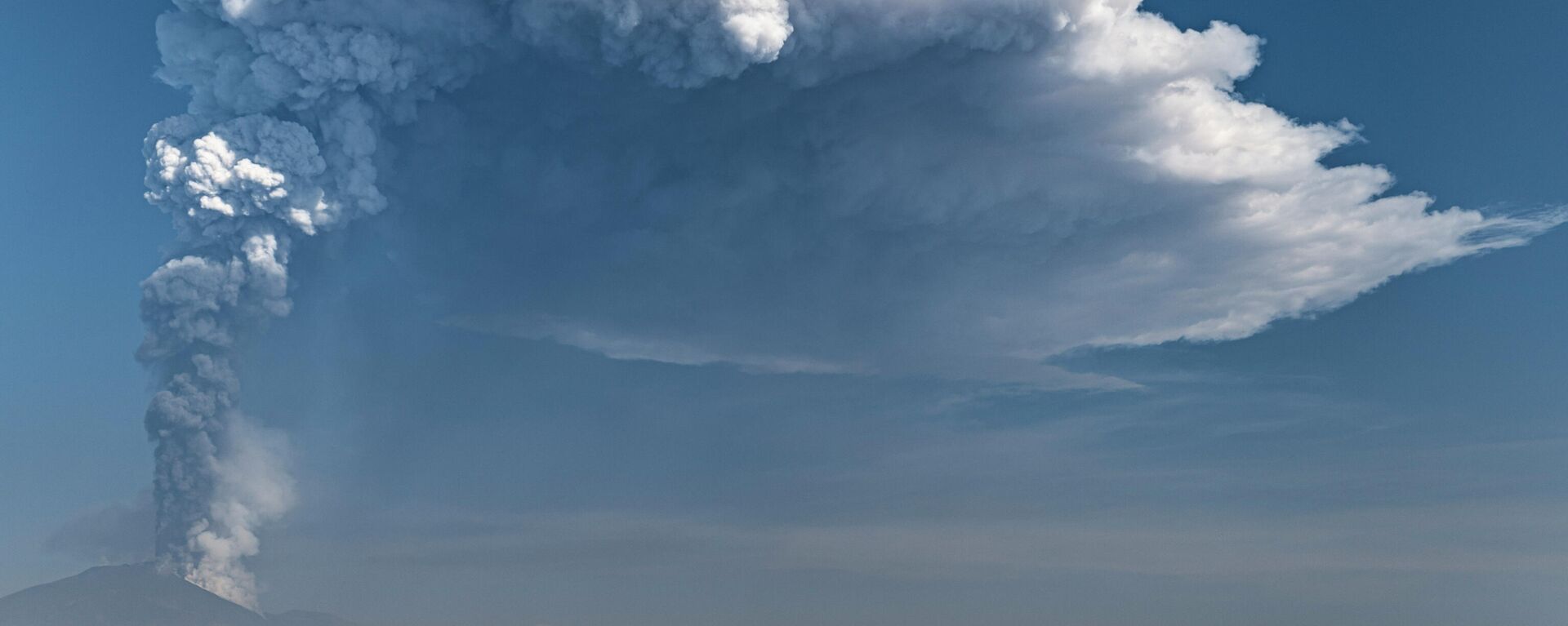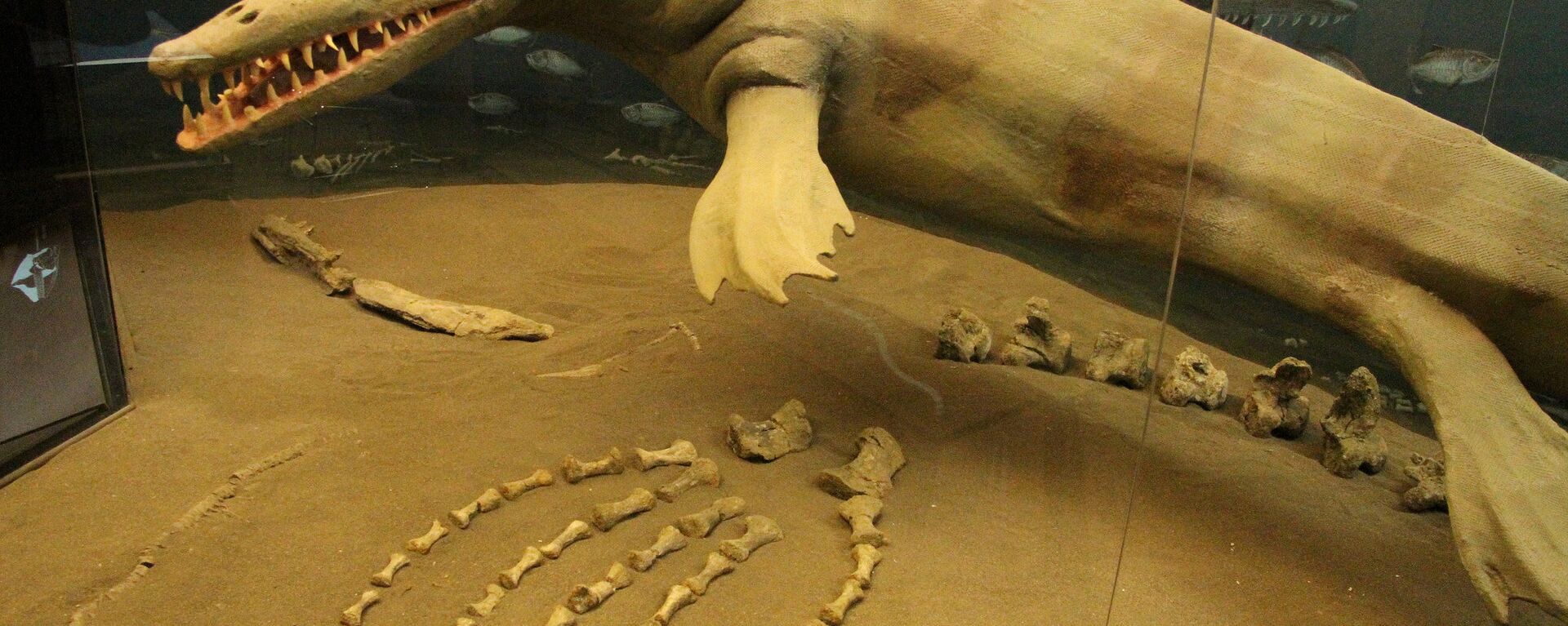https://sputnikglobe.com/20230525/power-of-the-horde-why-are-orcas-attacking-sailboats-in-iberian-waters-1110584030.html
Power of the Horde: Why are Orcas Attacking Sailboats in Iberian Waters?
Power of the Horde: Why are Orcas Attacking Sailboats in Iberian Waters?
Sputnik International
International media consistently report about Killer whales attack on small sailboats, generally used by affluent Europeans for recreational purposes. Why orcas are attacking boats? What scientist say about strange orcas behavior? Are Killer whales dangerous to people?
2023-05-25T15:13+0000
2023-05-25T15:13+0000
2023-05-25T15:13+0000
beyond politics
orcas
killer whales
marine biologist
https://cdn1.img.sputnikglobe.com/img/107843/72/1078437205_0:104:1920:1184_1920x0_80_0_0_5c1f2ccb2299a21ade8ae7d5beee605f.jpg
Iberian orcas seem to be holding a grudge against sailboats. Since 2020, these sea creatures have damaged vessels roughly 100 times in the waters off Morocco, Portugal, and Spain, data provided by the Atlantic Orca Working Group shows. The number of unsuccessful attempts against boats is five times higher.Killer whales do not consider humans as prey and never attack them on purpose, but rather it is the sailboats they seem to dislike. It is suspected that the orcas in question represent a small group of creatures and that there are only two adults among them. Attempted attacks occur almost every week and follow the same scenario – some killer whales destroy the rudder, while others bump into the hull.What Do Scientists Say About Orcas Attacking Boats?Dr. López Fernandez, a biologist at the University of Aveiro in Portugal, has extensively researched the subject and dubbed it a “complex behavior that has nothing to do with aggression.” However, marine biologists have some hunches that are yet to be proven.Hunch 1 – For Sake of VengeanceSome researchers believe the practice of attacking boats comes from the traumatic experience of a single killer whale, like a collision with a vessel or entanglement in fishing line after which it learned to attack them and passed this knowledge on to other orcas. Dr. López Fernandez stressed that “orcas share their culture with their young and with their peers,” emphasizing that this species learns by imitation. However, he does not believe that this behavioral pattern will become common among killer whales all around the world, and is sure it will remain a peculiar feature of local orcas.Hunch 2 – Just for KicksSome researchers stress the presence of younger orcas in the group and allege that it may be a simple game that hones their hunting skills.As Erich Hoyt, a research fellow with Whale and Dolphin Conservation, puts it, “play is part of being a predator” and killer whales may be attacking the boats for the “thrill.”Hunch 3 - Stress ManagementSome scientists emphasize that orcas use echolocation for hunting and communicating with peers. The constant noise from ship engines stresses them and provokes aggression. However, this does not explain why killer whales choose sailboats, which are relatively quiet.So, if you have a sailboat, avoid these waters and don’t mess with orcas.
https://sputnikglobe.com/20230522/spectacular-mount-etna-eruption-grounds-flights-in-italian-island-of-sicily-1110519115.html
https://sputnikglobe.com/20230521/ancient-aquatic-reptile-with-bizarre-screwdriver-teeth-discovered-off-morocco-1110493976.html
Sputnik International
feedback@sputniknews.com
+74956456601
MIA „Rossiya Segodnya“
2023
News
en_EN
Sputnik International
feedback@sputniknews.com
+74956456601
MIA „Rossiya Segodnya“
Sputnik International
feedback@sputniknews.com
+74956456601
MIA „Rossiya Segodnya“
orcas attack boats, inerrian sea,
orcas attack boats, inerrian sea,
Power of the Horde: Why are Orcas Attacking Sailboats in Iberian Waters?
International media consistently reports about killer whales attacking small sailboats, generally used by affluent Europeans for recreational purposes. Why are orcas attacking boats? What do scientists say about this strange behavior? Are killer whales dangerous to people?
Iberian orcas seem to be holding a grudge against sailboats. Since 2020, these sea creatures have damaged vessels roughly 100 times in the waters off Morocco, Portugal, and Spain, data provided by the Atlantic Orca Working Group shows. The number of unsuccessful attempts against boats is five times higher.
Killer whales do not consider humans as prey and never attack them on purpose, but rather it is the sailboats they seem to dislike. It is suspected that the orcas in question represent a small group of creatures and that there are only two adults among them. Attempted attacks occur almost every week and follow the same scenario – some killer whales destroy the rudder, while others bump into the hull.
What Do Scientists Say About Orcas Attacking Boats?
Dr. López Fernandez, a biologist at the University of Aveiro in Portugal, has extensively researched the subject and dubbed it a “complex behavior that has nothing to do with aggression.” However, marine biologists have some hunches that are yet to be proven.
Hunch 1 – For Sake of Vengeance
Some researchers believe the practice of attacking boats comes from the traumatic experience of a single killer whale, like a collision with a vessel or entanglement in fishing line after which it learned to attack them and passed this knowledge on to other orcas. Dr. López Fernandez stressed that “orcas share their culture with their young and with their peers,” emphasizing that this species learns by imitation. However, he does not believe that this behavioral pattern will become common among killer whales all around the world, and is sure it will remain a peculiar feature of local orcas.
Some researchers stress the presence of younger orcas in the group and allege that it may be a simple game that hones their hunting skills.
As Erich Hoyt, a research fellow with Whale and Dolphin Conservation, puts it, “play is part of being a predator” and killer whales may be attacking the boats for the “thrill.”
Hunch 3 - Stress Management
Some scientists emphasize that orcas use echolocation for hunting and communicating with peers. The constant noise from ship engines stresses them and provokes aggression. However, this does not explain why killer whales choose sailboats, which are relatively quiet.
So, if you have a sailboat, avoid these waters and don’t mess with orcas.




